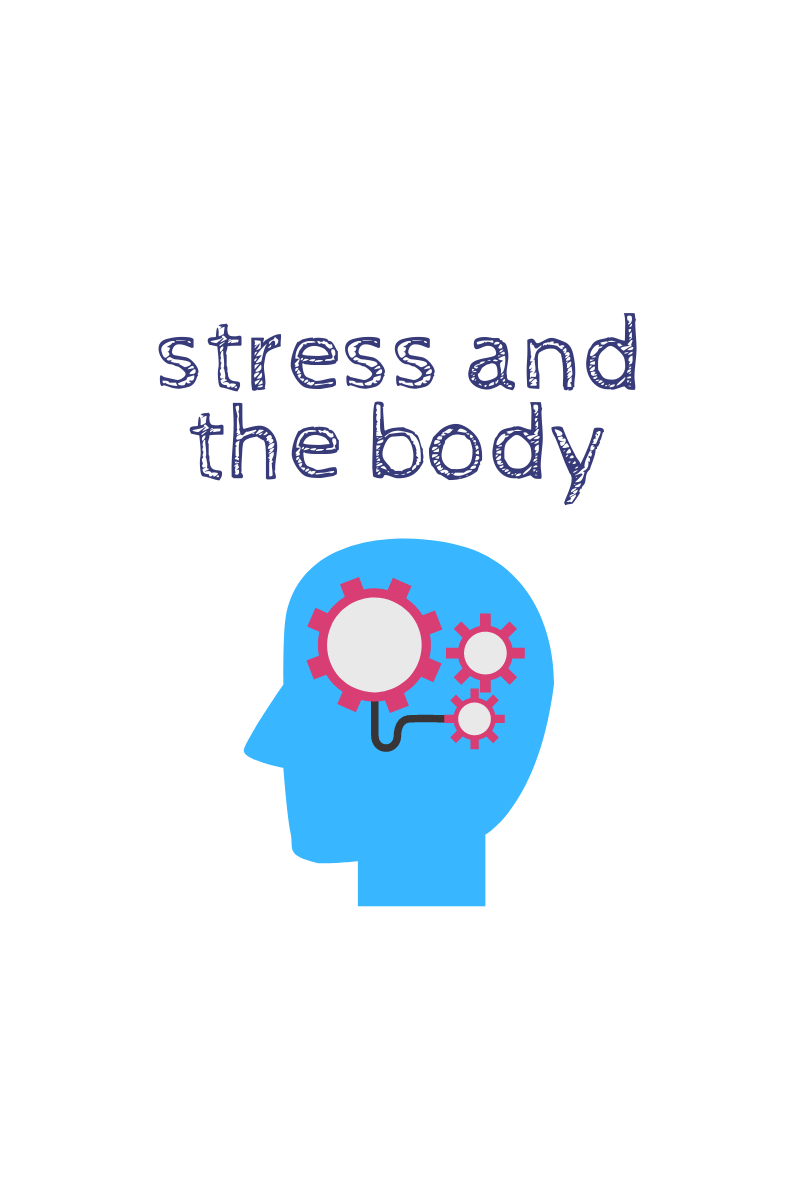blog

healing, not hacks
In my clinical practice, I get a lot of questions about trendy health topics making the rounds on tiktok and instagram. Some of these so-called hacks are fine ideas for the right person at the right time. But are they the right thing for you, today?

vitamin D: what you need to know
If you're a human and you don't live at the equator, your levels are probably low. Doctors used to test this rarely, worrying only about the disease of severe deficiency (rickets), but now it's tested routinely. Low vitamin D has been implicated in everything from fatigue to psychiatric disorders to low bone density. Huh? What's the unifying thread here? How does this work? Why should you care?

Brain fog is not just in your head.
Brain fog" was not a term I heard often in my practice until a few years ago. It's now a frequent, and often frustrating, concern that patients bring. The term first appeared in scientific literature in 2004, with a dramatic uptick in the last two years. Perhaps this symptom is becoming more common, perhaps the language now used to describe it has consolidated, perhaps science is becoming more adept at measuring it, or maybe all three.

Getting past wellness BS. . .
… and towards body empowerment.
Centering your own wellness can feel like swimming upstream in a society that values profits over people and tells us that some bodies are better than others. Choosing to love and honor the body you live in is a radical act!

Why can’t I sleep?
Have you ever:
taken an accidental nap? (what time is it? AT NIGHT??)
gone to bed exhausted, but lay awake for an eternity, thinking about everything and nothing all at once?
gotten 8 hours of sleep but still felt so tired in the morning that you almost (or actually) left the house wearing two different shoes?
decided against a workout because you were just too tired to think about finding a clean sports bra?
raided your sugar stash to make it through an afternoon meeting?
f, all of the above?

Feeling better when you’re stressed
What does chronic emotional and psychological stress do to the body? Why are doctors always telling us to manage stress better? Is managing stress really that important to health and well-being? How do I even go about “stress relief”? What are some stress management tips? These are questions I hear all the time, and I’m going to dig in, so get a cup of herbal tea and settle in for a good read!
When our brain perceives a stressor, our body reacts. This is on purpose: the autonomic nervous system allows the body to respond when something requires us to react to protect ourselves.

How to get energized— and stay energized
Are you exhausted from anxiety? Exhausted when waking up? Exhausted from work? Exhausted from working out? Exhausted constantly for no reason at all? You're not alone. I hear this refrain from people every day. We. Are. Tired. Nurses are tired. Teachers are tired. And of course we are: we work hard, we care for others, we try to do everything and please everyone, and we're expected to show up and be productive with a smile no matter what's going on in our lives and in the world. It can be so hard to keep this in perspective and respond with kindness to ourselves. Looking for answers, lots of folks are willing to try anything they can find.

What’s the deal with inflammation?
The word inflammation comes from the Latin inflammo, meaning blaze or burn, and is defined in biology as "the immune system's response to stimulus." It's a complex biological process involving molecules, cells, blood vessels, the nervous system, and the microbiome. Inflammation is helpful in defending and healing the body from illness and injury, and in creating positive adaptations to stressors-- but sometimes it goes awry.

Tips for the everyday athlete
The more you move, the more you may start to be aware of what your body can do. You can and should treat your body like an athlete would, even if your “sport” is biking to work, zumba, taking yoga classes, or hitting up Orange Theory once a week. Physiotherapist and all-around wizard Kelly Starrett likes to say that humans should be able to perform basic maintenance on themselves. That’s the task of the everyday athlete: take care of the instrument you use to go through your daily life (that’s your body). A little bit of attention goes a long way. It’s easy to ignore this advice until you’re injured, fatigued, or fighting illness, but surprise! It’s also easy to do it. It just takes awareness and intention. What does that look like? I’ll go through some basic good practices for everyday athletes below.

How to read a research study
We’re in an age of information overload– it’s everywhere! While the free and open exchange of information is a wonderful thing, it also requires a set of skills in evaluating trustworthiness.
First, here’s how to understand what’s behind the headline.
